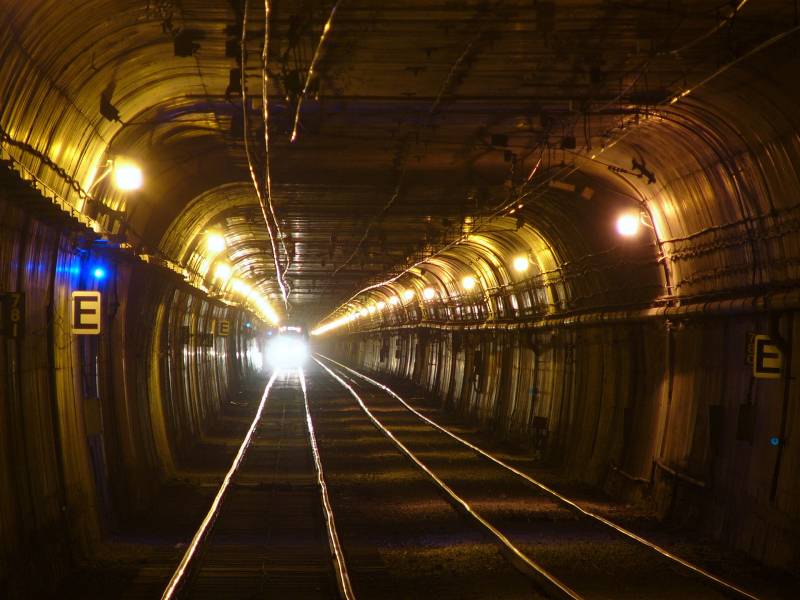In her initial presentation on the issue, during an Oct. 20 SFMTA board meeting, Kirschbaum said that when the tunnel work began in 2018, contractors discovered the old ballast was contaminated with a higher level of heavy metals than had been anticipated. That made the ballast “more costly to handle and more costly to dispose of,” she said.
“In order to keep the project on-time and on-budget, the decision was made to reuse rather than replace the ballast,” Kirschbaum said in October.
Mandelman noted Kirschbaum’s statement on Tuesday that “a decision was made” to reuse the uncleaned ballast and asked her who was responsible. Tom Maguire, the SFMTA’s director of sustainable streets, said the decision had been made jointly by agency staff and the project’s contractor, a joint venture involving Oakland’s Shimmick Construction and San Francisco-based Con-Quest Contractors.
“They had to weigh a couple of tricky issues in the field, including the possibility that some of the material might be contaminated and might need to be removed,” Maguire said. “However, that critical decision needed to have been elevated sooner and faster with a comprehensive view of all the risks” involved in leaving the old ballast in place.
Maguire told the SFMTA board in October that the agency was discussing the issue with the City Attorney’s Office “and figuring out how to hold the contractor accountable.”
“A competent contractor should be able to do work like this right,” Maguire told board. “This is basic rail construction.”
In her own October presentation to the SFMTA board, Kirschbaum said that while the ballast problem didn’t pose an immediate safety problem, inspections have determined that track stability issues are likely to develop in one particular location in the tunnel’s eastern half.
“Where we know it’s going to erode first based on visual inspections and what we’ve seen over the last two years is around the Eureka Curve,” between the Forest Hill and Castro stations, Kirschbaum said.
‘Out of Excuses’
Tuesday’s details about the tunnel issue emerged just days after the SFMTA acknowledged that its long-delayed Central Subway project will blow through another completion target date and likely not open until 2022.
The Twin Peaks Tunnel problem, on top of delays in other major projects and an embarrassing August mishap in which spliced electrical wires derailed the SFMTA’s attempt to relaunch Muni Metro light-rail service, prompted an exasperated response from Supervisor Aaron Peskin, who chairs the transportation board.
“If this were just the Central Subway … I’d be frustrated,” Peskin said. “But when you add the ballast in the tunnel, and when you add the — frankly, I’m going to say it — screw-up relative to the splices, when you add that to the Van Ness BRT (bus rapid transit) delays, which is nowhere near as complicated as these other projects, you’re just, as I said in the newspaper the other day, you’re out of excuses.”
SFMTA officials didn’t immediately respond to questions about when the ballast replacement work will begin. Except for its brief, troubled reopening in August, all Muni Metro light-rail service has been shut down since shortly after COVID-19 shelter-at-home orders were imposed in March.

